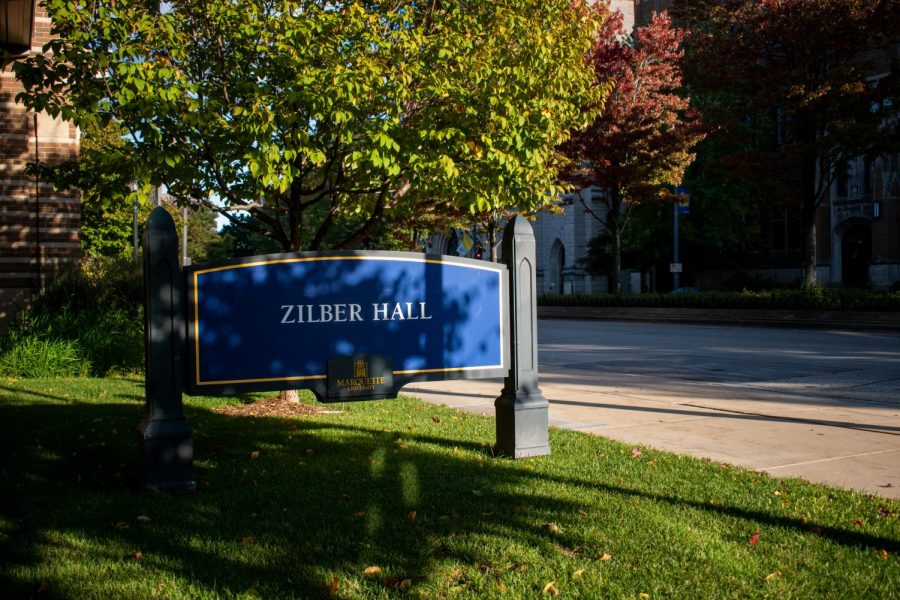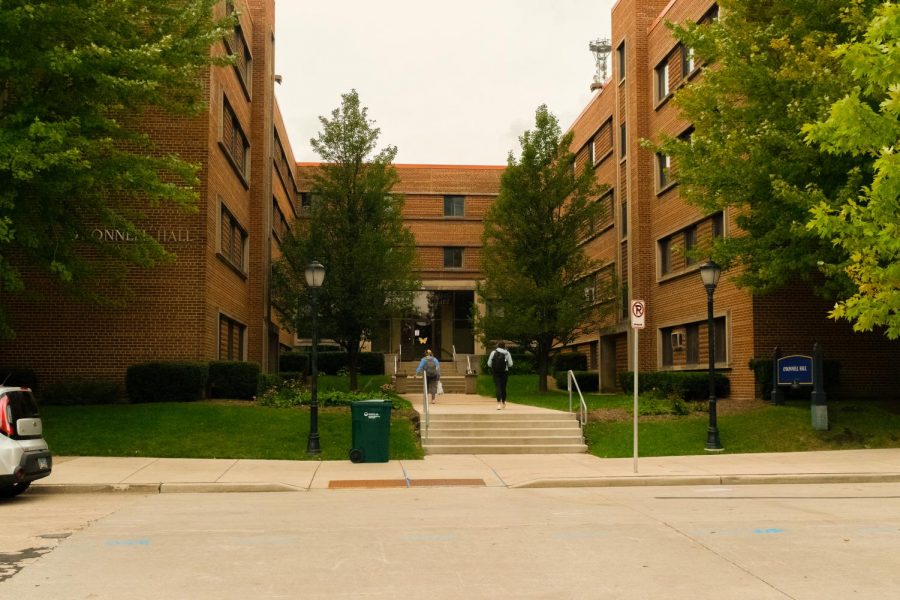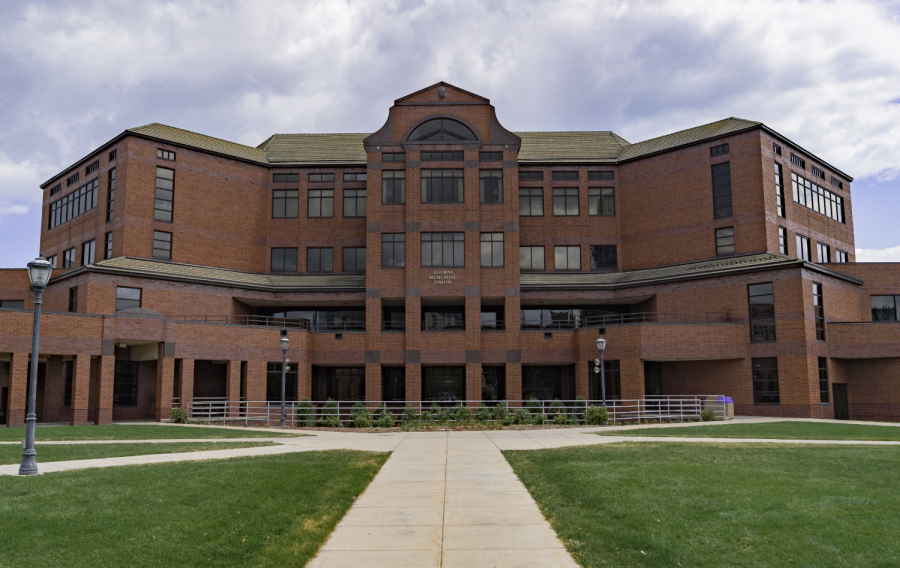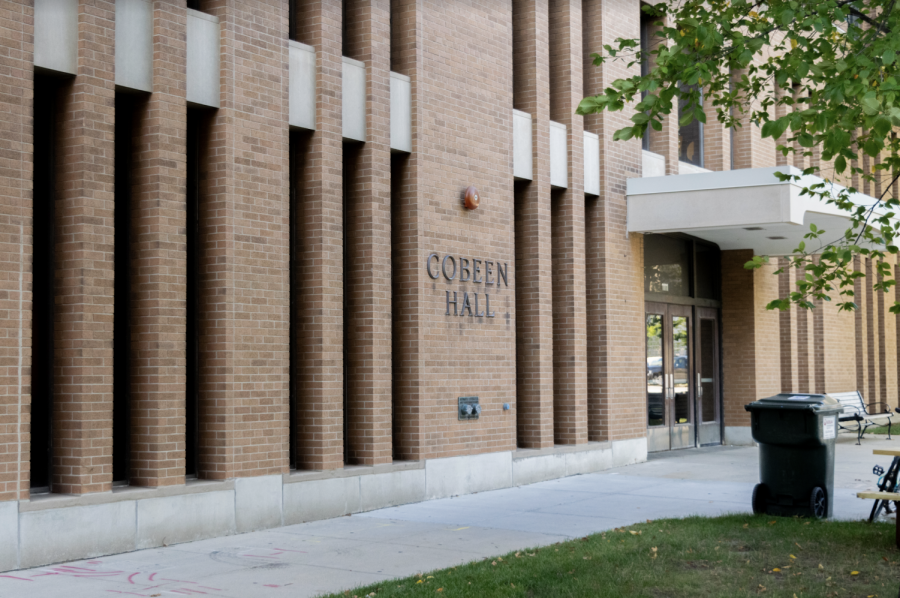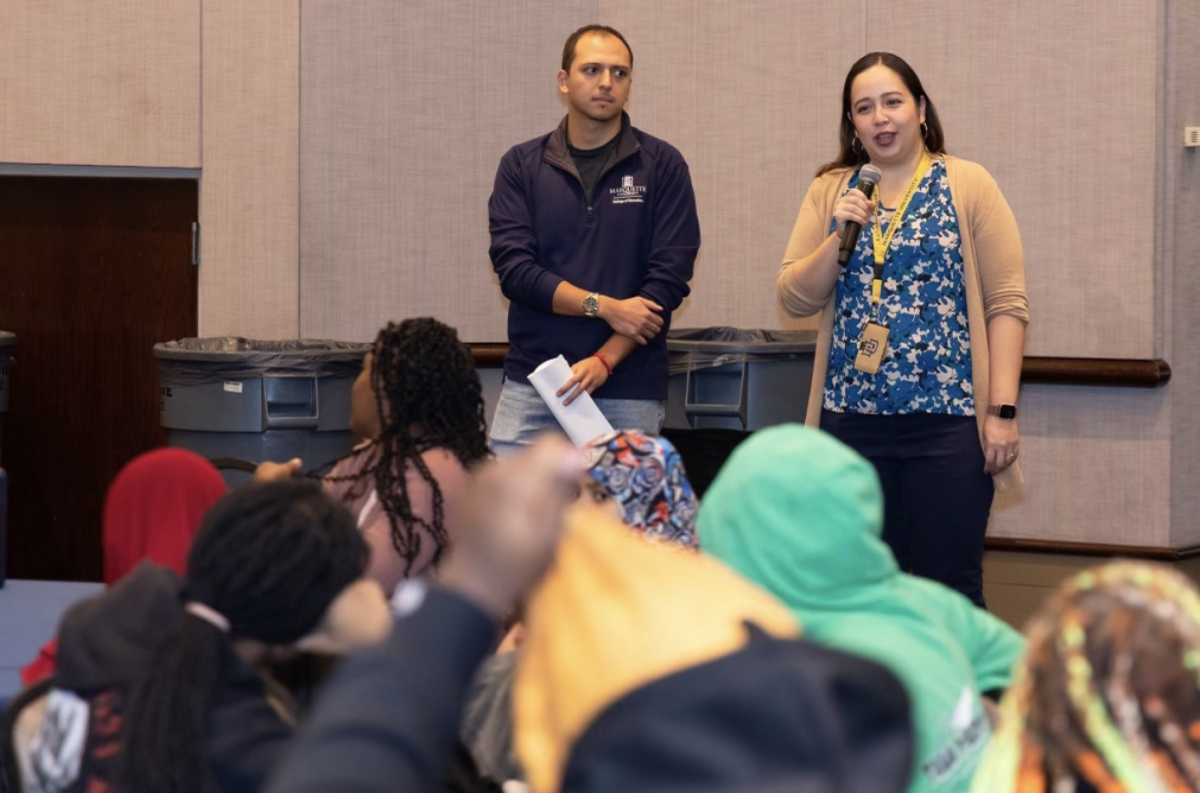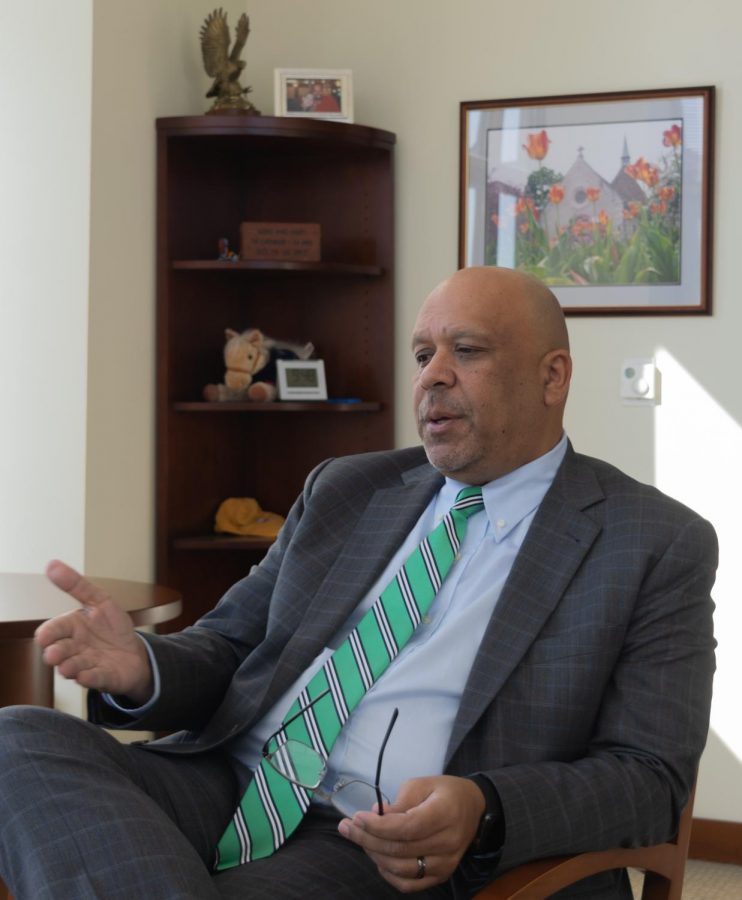The university must improve its long-lasting issue of being transparent with the Marquette community in order to keep students, faculty and staff involved in issues that directly impact them.
Recently, Provost Kimo Ah Yun said in his Sept. 29 Virtual Coffee Chat that Marquette would no longer be pursuing the Hispanic Serving Institution initiative, which would mean that 25% of the undergraduate student population would identify as Hispanic or Latinx. Moreover, half of that 25% must be from low-income households.
The decision to remove becoming an HSI from the university’s strategic plan was not shared through an official announcement, but rather first inquired about by a Marquette professor.
The university should have notified students, faculty and staff directly impacted by this decision rather than excluding them from the decision-making process.
Qualifying as an HSI would make Marquette eligible for Title V benefits and discretionary grants, which provide assistance to schools that service Hispanic and low-income students.
Currently, only 14.8% of undergraduate students identify as Hispanic or Latinx, according to the Office of Institutional Research and Analysis.
Marquette also lacked transparency or community insight in its decision to eliminate spring and some of Easter break for the spring 2021 semester and replace them with four mental health days.
Making this change to the academic calendar is not a great benefit to students. Students will most likely find it difficult to relax because the mental health days are in the middle of the week.
The university should also have notified faculty and staff first privately about the changes to the spring 2021 semester as it impacts their course curriculum. Moreover, it should have consulted with faculty and staff, as this may impact their curriculum, and they are supposed to have shared governance.
By not being included in the conversation about changing the spring 2021 semester, some professors have said they will still try to give students longer breaks.
Faculty and staff should not be hearing about significant university decisions the same day as everyone else through university press releases.
Additionally, they were not involved in Marquette’s decision to potentially lay off 225 to over 300 faculty and staff members. Many faculty and staff members were initially confused about what the university was deciding due to miscommunications.
Potentially laying off almost 300 faculty and staff could impact their livelihoods and well-being. The university should not only be more clear and communicative about its decision, but it also should have included faculty and staff in conversations regarding potential layoffs.
Faculty and staff are not disposable. Marquette must work to build better relationships and dialogue with faculty and staff because they provide essential, unique expertise, perspectives and insight of students and campus.
Marquette has also not been transparent in its COVID-19 response. When Cobeen Hall was instructed to quarantine Sept. 25 and Schroeder Hall was instructed to quarantine Sept. 14, students were notified less than three hours before their quarantines began, which didn’t give them sufficient time to prepare. Faculty and staff were also not notified beforehand about residence halls having to quarantine, which may have left professors scrambling to make accommodations for students not attending class.
Additionally, the university must be more transparent about its intentions and commitments to students and marginalized communities on campus.
Recently, the Native American Student Association and Black students both led protests and held demonstrations calling upon the university to address demands and injustices against both groups on campus.
The university must follow through with its commitments to students of color. In regards to NASA, the university said in July that they were in the process of evaluating how to update the Marquette seal, which inaccurately depicts the interactions and character of the Indigenous people Father Marquette interacted with. Changes to the Marquette seal have still not happened, and University President Michael Lovell did not meet with NASA during their demonstration.
Students, faculty and staff of color deserve to be and must be included in conversations about the university’s decisions to meet their demands.
Unfortunately, issues with the university’s transparency are not new to this academic school year.
During the fall 2019 semester, the university blindsided the College of Education with the announcement that they could face potential structural changes.
Finally, Marquette was very unclear and uncommunicative about its demonstration policy, which was revised four times, without communication with the Marquette community regarding those changes.
The university needs to be more transparent. It is difficult for students, faculty and staff to trust, feel represented by and identify with Marquette, as it continues to exclude them.
In order to advocate for the Marquette community, the university must make more efforts to create dialogue and improve upon how it shares its information.
Marquette cannot keep excluding faculty, staff and students from important decisions. They cannot keep blindsiding their community. Our administrators’ decisions impact thousands of people, yet they refuse to be transparent.
Editorial topics by the Marquette Wire are decided at weekly meetings between members of the executive board. The editorial is crafted with leadership by the executive opinions editor. The executive board consists of the executive director of the Wire, managing editor of the Marquette Tribune, managing editor of the Marquette Journal, general manager of MUTV, general manager of MUR and nine additional top editors across the organization.

